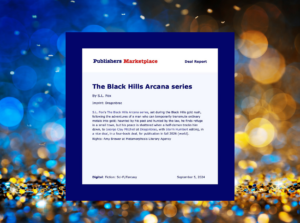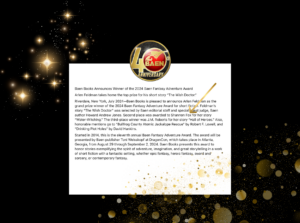UCSD New Writing Series Presents Paul Harding, 4/11/12
You have to love an artist who can poke fun at himself. Paul Harding was introduced by his friend and UCSD Professor, Ben Doller. Professor Doller started off his presentation by reading from some of Harding’s worst reviews on Amazon.com. Apparently, some people found his novel, Tinkers, boring, without plot, and a waste of time.
For those of you who aren’t familiar, Tinkers won the Pulitzer Prize for Fiction in 2010.
A self-deprecating Pulitzer winner? A God among men, yet the humblest of the humble? Perhaps you are calling shenanigans on me from your computer screen. But ladies and gentlemen, it’s all true. I cannot tell a lie.
Okay so, Paul Harding. He’s smart, he’s humble, he won a Pulitzer, and a lot of people didn’t like his book. So where does that leave this review?
I’m going to borrow Tinkers from my friend as soon as my workload lightens up. Harding read from Tinkers at the reading yesterday afternoon, along with an excerpt from his new novel that will be released soon, and part of a short story he wrote, Speed of Light, which is set in Nigeria.
While listening to Harding read his work, I was struck by the same feelings I felt listening to the poem Howl being read aloud. It’s one of those things where the words you’re hearing don’t fade out of your mind as soon as you process them, but collect until their is a bottleneck of beautiful prose in your brain, the pressure mounting until it all comes out in a rush when the story is done.
Harding certainly had beautiful, precise, prose. It’s very lyrical and bears a strong resemblance to poetry. Harding used to be a drummer, which seems to contribute to this feeling of musicality. He explains that he seems to hear the lines in beats and phrases, trimming a syllable hear and there to fit this sort of rhythm he has in mind for his work.
My favorite line I picked up on at the reading, was fromSpeed of Light. Two characters are looking up at the stars, and one is talking about them to the other. He says, “Our own history is in the sky, preserved for us in light”.
In the Q&A, discussion of Harding’s writing process inevitably came up. I really enjoyed his answer though. In essence, he said that writing processes are never normative and should never be thought of as such. He also went on to state that “the right way for you to write is whatever gets the words on the page”. Another of his thoughts about writing is that a writer should know his language to the fullest extent possible so that everything is as precise and perfectly articulated as it could possibly be.
I’ll close this off with another gem from Harding’s writing. In Tinkers the title character goes searching for his father. In it, he climbs trees and is described as “tasting for traces of my father in their sap”.




